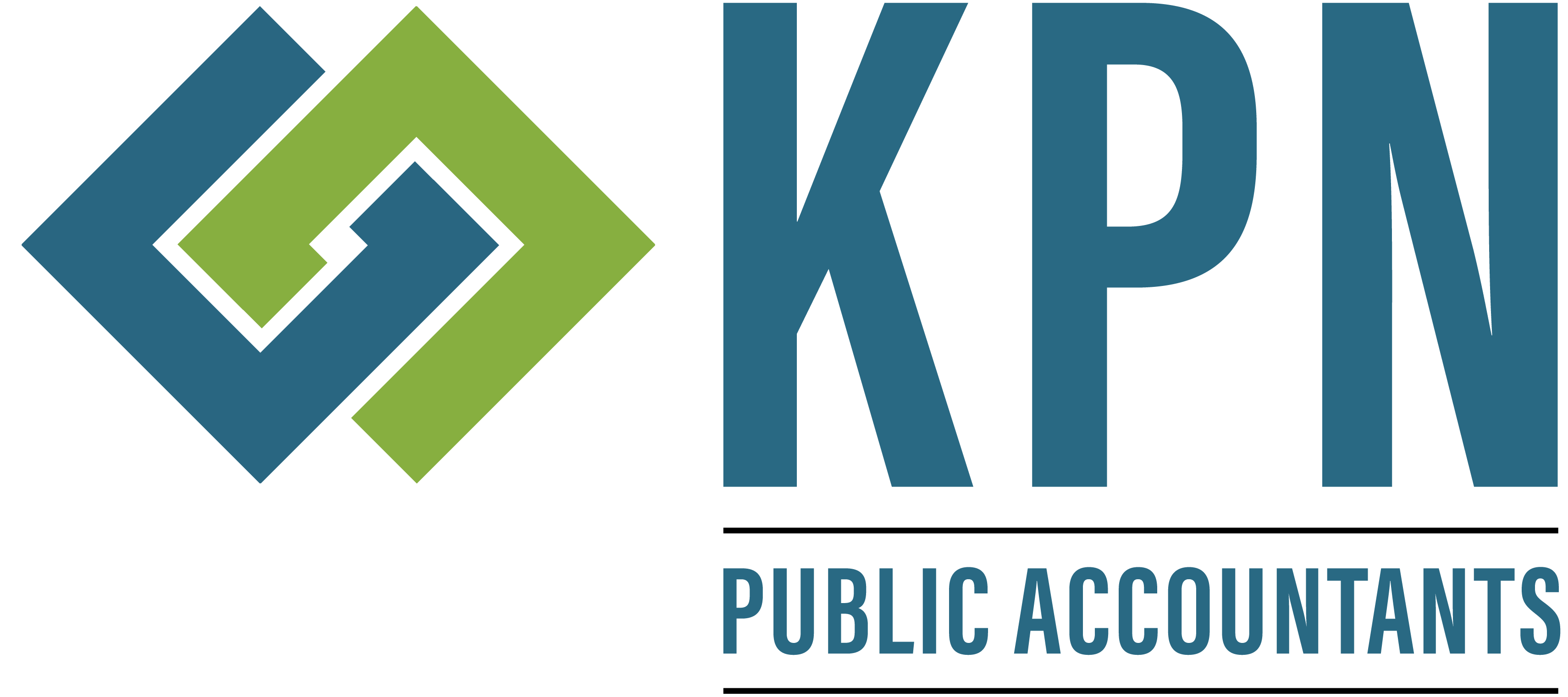Planning for retirement is not just about saving money. It’s also about ensuring you can enjoy your golden years with financial security. You can achieve this by building a tax-efficient retirement plan that maximizes your savings and minimizes your tax burden. Do you know what key strategies you can implement now to help you build a tax-efficient retirement plan? Keep reading to learn what you should do and reach your financial goals.
Different Retirement Accounts Have Different Tax Implications
Understanding the tax implications of different retirement accounts is crucial when building a tax-efficient retirement plan. Consider the following:
1) Traditional IRAs and 401(k)s: Contributions to traditional retirement accounts are typically tax-deductible, providing immediate tax savings. However, withdrawals during retirement are taxed as ordinary income. You will want to plan your contributions and withdrawals strategically to manage your tax liability in retirement.
2) Roth IRAs and Roth 401(k)s: Qualifying contributions to Roth accounts are made with after-tax dollars, so they don’t get a tax deduction. However, qualified withdrawals during retirement are tax-free, including both contributions and earnings. Roth accounts can be advantageous if you expect your tax rate to be higher in retirement or if you want tax-free income during your golden years.
3) Health Savings Accounts (HSAs): HSAs offer a triple tax advantage. Contributions are tax-deductible, earnings grow tax-free, and withdrawals for qualified medical expenses are tax-free. It’s best to maximize contributions to your HSA to take advantage of these tax benefits and use it as a retirement savings tool.
Optimize Social Security Benefits
Social Security benefits should also be considered in your tax-efficient retirement plan. These benefits are a crucial component of retirement income, and you should optimize them to minimize taxes. Consider the following strategies:
1.) Delaying Social Security: Delaying your Social Security benefits beyond your full retirement age (FRA) can result in increased monthly benefits. If you can manage to delay benefits until age 70, that not only increases your monthly payout but also provides potential tax advantages. This strategy also can reduce the portion of your income subject to taxes during early retirement years when you may have other income sources.
2.) Managing Other Income Sources: Be mindful of the impact of other income sources on the taxation of Social Security benefits. Adjust your retirement account withdrawals, investment income, and any part-time employment to minimize the taxable portion of your Social Security benefits. When you keep your income below certain thresholds, you can potentially avoid or reduce taxes on your benefits.
Manage Required Minimum Distributions (RMDs)
Once you reach the age of 72 (73 if you reach age 72 after Dec. 31, 2022), you are generally required to take annual withdrawals from your traditional retirement accounts through required minimum distributions (RMDs). Failing to take the required withdrawals can result in significant penalties, so RMDs should be incorporated into your tax-efficient retirement plan from the start. Consider the following strategies to manage RMDs tax-efficiently. Laws regarding RMDs are changing in 2024 for Roth IRAs. Learn more from the IRS here.
1) Plan Ahead: Calculate your RMDs in advance and review your anticipated income and tax situation for each year. By forecasting your RMDs, you can proactively adjust other income sources and tax planning strategies to minimize the tax impact.
2) Qualified Charitable Distributions (QCDs): If you don’t need the full amount of your RMD for living expenses, consider making a QCD. A QCD allows you to gift up to $100,000 for an individual and up to $200,000 for a married couple from your IRA to a qualified charity. Beginning in 2024, these amounts will increase to account for inflation. The amount gifted can provide a tax benefit, but the technical details are critical and should be discussed with a CPA for this to be a win-win for both you and the charity.
Seek Professional Help from a CPA
Building a tax-efficient retirement income strategy that minimizes your tax burden and maximizes your retirement income requires careful consideration of various strategies and factors. Several of these strategies are incredibly complex, and unless you spend all day learning and understanding, it’s best to hire a professional CPA to handle this level of planning.
At KPN, we provide personalized guidance based on your specific circumstances. Contact us today for a consultation. We also work with an affiliate office, BLW Wealth Management, which offers services to grow wealth, preserve assets and develop a financial retirement plan. Contact BLW today to learn more. By incorporating tax-efficient strategies into your retirement plan, you can enhance your financial security and enjoy the retirement lifestyle you desire.

